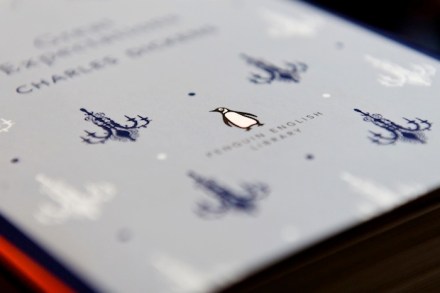Competition: Tell us what you’d call a group of bankers
Spectator literary competition No. 2836 This week you are invited to come up with suitable collective nouns for the following: tweeters; hackers; hoodies; WAGs; environmentalists; bankers; MPs; contrarians. Entries to be emailed, please, to lucy@spectator.co.uk by midday on 19 February. The recent call for extracts from the adolescent diary of a well-known public figure, living or dead, pulled in the punters. The overall standard was impressive and it tough boiling the entry down to just six. Those who were narrowly squeezed out include Pervez Rizvi, P.C. Parrish, Mark Shelton and John Whitworth — and I liked Ralph Rochester’s Baden-Powell doing battle with his raging libido. The winners below take £25





















